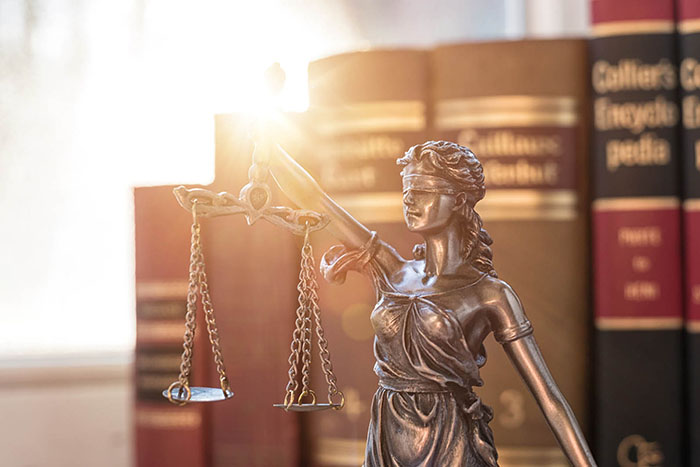The Supreme Court has answered this in Cape Intermediate Holdings Ltd v Dring [2019] UKSC 38 – and the answer is potentially everything!
The public should have access…
The starting point is that all courts and tribunals have inherent jurisdiction to allow non-parties access to court documents because of the principle of open justice – that justice should not only be done but should be seen to be done. This purpose of this principle is to give the public confidence in the judicial system and that the judges are doing their job properly.
The Supreme Court said that this means the default position is that the public should be allowed access, not only to the parties’ written submissions and arguments, but also to the documents which were placed before the court and referred to during the hearing. It should not be limited to those documents which the judge has been asked to read or has said that he has read, as it is not impossible that the judge has forgotten or ignored some important piece of information before them.
…but a balancing exercise is required…
Although the court has the power to allow access, a non-party has no right to be granted it (save to the extent that the rules grant such a right). They need to explain why they seek access and how this will advance the open justice principle. The court must carry out a fact-specific balancing exercise between the purpose of the open justice principle and the potential value of the information in advancing that purpose, against the risk of harm which disclosure may cause to the maintenance of an effective judicial process or to others’ legitimate interests. The Supreme Court said that good reasons for denying access included national security, the protection of the interests or children or mentally disabled adults, the protection of privacy interests more generally and the protection of trade secrets and commercial confidentiality.
… and the practicalities and proportionality of the request must be considered
The Supreme Court said it would be best if applications are made during the trial when the material is still readily available, the parties are before the court and the trial judge is in day to day control of the court process. Otherwise the court will probably not have retained the documents, and even if the parties have, the burden on them in identifying and retrieving the material may be out of all proportion to the benefits to the open justice system principle. Also the burden on the trial judge to decide what disclosure should be made may by then be much harder or more time-consuming. The Supreme Court did say however that increasing court digitisation of court materials may eventually make this easier. In any event, however, the non-party seeking access will be expected to pay the reasonable costs of obtaining that access.
The facts in Cape v Dring
In Cape v Dring, an asbestos support and lobby group wanted to obtain documents from an asbestos case which had gone through trial but settled before judgment was given, because it thought it would help other asbestos claims.
Rule 5.4C of the Civil Procedure Rules allows for some court documents to be obtained from the court by non-parties as of right – statements of case (which set out the legal basis for the claim and defence, such as the claim form, particulars of claim and defence), and judgments and orders. However the asbestos group also wanted additional documents, including witness statements, expert reports, documents referred to in the statements and reports, and trial bundles. Rule 5.4C does also allow for non-parties to apply for documents on the court record, but it was not clear what type of document this extended to. The Supreme Court’s ruling however is that it is the court’s inherent power which dictates what access to further documents non-parties can have.
Not actually everything…
It seems that courts will not order access to trial bundles - the Supreme Court said that these are not the evidence or the documents in the case. However it did say that there was no question of ordering disclosure of a marked up bundle without the consent of the person holding it, and they did also say that a clean copy of the bundle, if still available, may be the most practicable way of affording a non-party access to the material in question, but that that was for the court hearing the application to decide.
